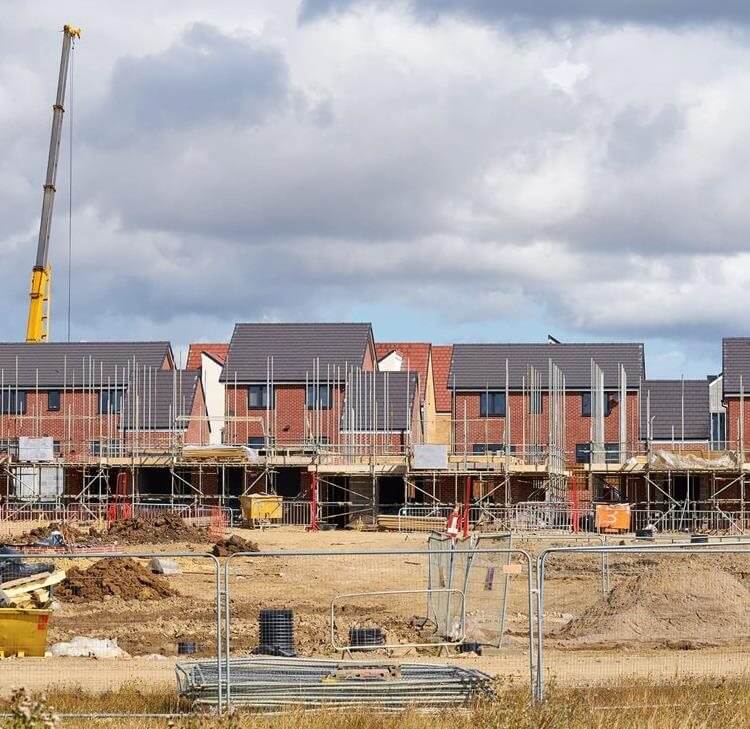Browne Jacobson has supported the largest freeport in Wales in opening for business – setting in motion plans to create thousands of jobs and attract billions in new investment.
The UK and Ireland law firm advised Celtic Freeport during the establishment of its governing body, and submission of outline and full business cases to establish special tax sites across 500 hectares of land in South-West Wales.
After secondary legislation was passed to create the special tax sites last week, businesses setting up new operations in these designated areas will benefit from a package of tax incentives that aim to attract inward investment.
Celtic Freeport spans clean energy developments and innovation assets, fuel terminals, a power station and heavy engineering sites in Neath Port Talbot and Pembrokeshire.
Over a 25-year period, it aims to secure £8.4bn in private and public sector investment, and deliver more than 11,500 jobs primarily in the net zero economy. It is estimated the freeport will add £8.1bn of economic value to the local and national economy.
Browne Jacobson’s government and infrastructure team acted as Celtic Freeport’s sole legal adviser from submission of the initial bid to government for a freeport, through to submission of the full business case, supporting the project on all legal matters along the way.
Peter Ware, Head of Government, said: “The passing into force of the statutory instrument is a major milestone for Celtic Freeport that marks the culmination of a two-year project and means it is now fully open for business.
“This is an exciting initiative that has the potential to accelerate Wales’ net zero economy by leveraging new investment to create green jobs, develop green skills and drive green innovation in manufacturing and energy infrastructure.
“Freeports are an important part of the UK and Welsh governments’ economic growth and net zero strategies. While one of the key objectives is to attract ambitious international firms to areas like South Wales, there are also big supply chain opportunities for local businesses, so we would urge them to engage with Celtic Freeport now it is an active part of the South-West Wales economy.”
From 26 November 2024 until 30 September 2034, businesses investing in Celtic Freeport’s tax sites can access a suite of incentives.
These include up to 100% relief from business rates for the first five years, significant reductions in employer’s national insurance contributions on new employees and enhanced capital allowances – including extended full capital expensing – to support their investment decisions.
The Celtic Freeport is a public-private consortium including Associated British Ports, Neath Port Talbot Council, Pembrokeshire County Council and the Port of Milford Haven, alongside renewables developers, energy companies, industrial complexes, innovation assets, academic institutions and education providers. It covers the ports of Milford Haven and Port Talbot.
Ed Tomp, a retired oil industry executive with extensive international experience, has been appointed Chair of the Celtic Freeport.
He said: “This week marks an important moment as we move from the development to delivery phase. Boosted by a suite of investment incentives, Celtic Freeport’s development plan will march forward to support existing industry to decarbonise, while creating an ecosystem between Pembrokeshire and Neath Port Talbot where green industries like sustainable fuels, hydrogen and floating offshore wind can prosper.”










































